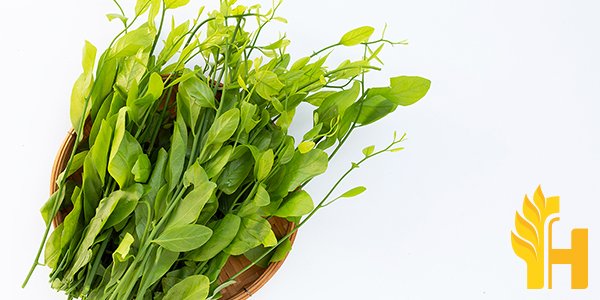Pak Wan Tree price

Where to buy and sell Pak Wan Tree, lowest (cheapest) and highest price.
check offers buy sell Pak Wan TreeToday price for Pak Wan TreePak Wan Tree wholesale prices 2022
The Current commodity price of Pak Wan Tree per kg, pound in the world in the global markets
Pak Wan Tree
The Phak Chee Faa is a shrub common in Thailand that produces edible stems and stalks. Also referred to as tropical asparagus, the tender but crunchy leaves of this plant are often sliced to be served with stir-fry dishes, fresh salads, and soups, such as Pak Wan soup. aThe stem of a Phak Chee Faa plant is a pinkish color and has crunchy, white flesh inside. The leaves are long and thin with fluted edges. In Thai cuisine, the stems of this plant—known as "phak chee faa"—are often sliced into fine pieces to be included in various dishes. In the Thai language, "phak chee faa" literally means 'the horrible thing'. This plant is sometimes cut into thin slices and used as a garnish for platters of fresh vegetables to be served alongside a spicy salad or a sour soup such as Pak Wan soup. In addition, this plant is typically cut into thin slices and served as a side dish with various Thai curries. As an herb, the stems and leaves of the Phak Chee Faa are often sliced and added to platters of fresh vegetables meant to be eaten along with a spicy salad or sour soup such as Pak Wan soup. In addition, the stems and leaves are often cut into thin slices and served as a side dish with various Thai curries. The seeds of the Phak Chee Faa plant are also edible, but they must be cooked before eating to remove toxins that may irritate the skin. This plant also produces edible seeds that must be boiled in water for 10 minutes before consumption to remove toxins that may irritate the skin. The Phak Chee Faa is rich in vitamins and minerals, including vitamin C, iron, potassium, calcium, and magnesium. Other nutrients found in this plant include proteins and carbohydrates. It is rich in vitamin C, iron, potassium, calcium, and magnesium. Other nutrients found in the plant include proteins and carbohydrates. The plant is believed to have medicinal benefits that may help with common ailments such as coughs, colds or sore throats, fever, asthma, or bronchitis. It has been used traditionally to reduce the symptoms of common colds, coughs, fever, asthma, or bronchitis. Additionally, it is believed to have antioxidant properties that may help with protecting the body from free radicals. It is also said to have antioxidant properties. This might be helpful in protecting the body from harmful free radicals.Global pak-wan production
In 2019, the global production of the pak-wan tree was estimated to be about 2.3 million tons. The majority of this production took place in Southeast Asia, with Thailand and Vietnam accounting for the largest shares. Other significant producers include Cambodia, Laos, and Myanmar. Pak-wan trees are typically found in tropical and subtropical climates and prefer moist, well-drained soils. They are grown commercially for their fruits, which are used in a variety of culinary applications. The pak-wan tree is believed to have originated in the Malay Peninsula. It is now widely cultivated throughout the tropics and subtropics. Pak-wan trees are typically tall, evergreen trees that can reach a height of 30 meters or more. They have straight trunks and smooth, dark-green leaves. The flowers are small and white, and the fruits are round, red, or yellow berries. Pak-wan tree fruits are rich in vitamins and minerals, and they have a variety of culinary uses. They can be eaten fresh, cooked, or made into jams and jellies. The fruits are also used to flavor beverages such as tea and coffee. The pak-wan tree is an important source of income for small-scale farmers in tropical countries. The trees are relatively easy to grow and require little care once they are established. In recent years, the global demand for pak-wan tree fruits has been increasing due to their health benefits. Fruits are a good source of vitamins A and C, as well as potassium and fiber. They are also low in calories and fat.Download our new
Husfarm App
Stay up to date with the current prieces of agricultural products all over the world.
Do you want to sell agricultural products?
Are you an Agricultural processor looking for high-quality products to buy?
Post an ad for FREE!
